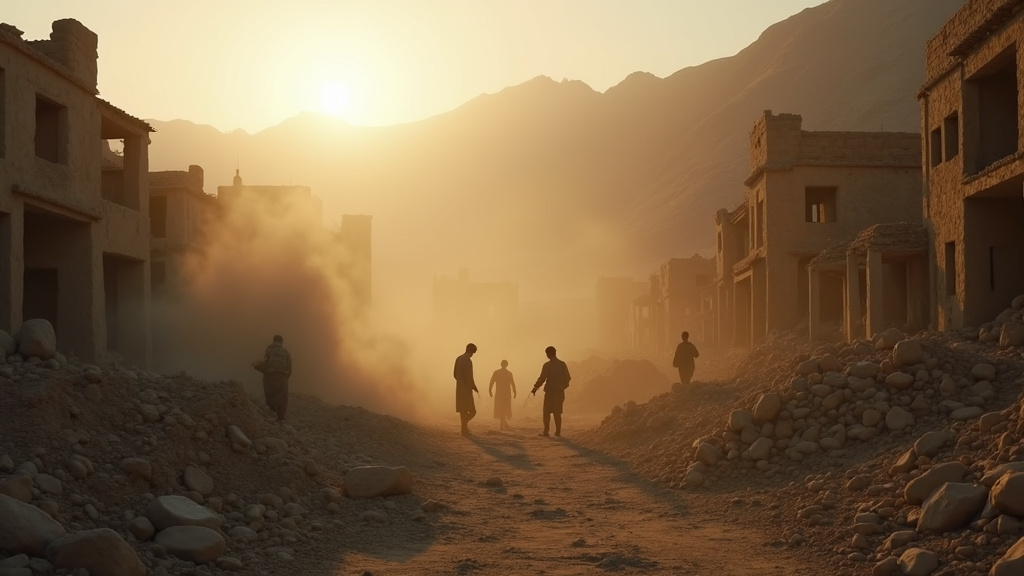Prime Minister Benjamin Netanyahu has officially approved a military plan that designates the occupation of Gaza City. This significant development raises profound concerns about the potential mass displacement of hundreds of thousands of residents who are already enduring extremely precarious living conditions amidst the widespread destruction of their urban environment.
Context of Humanitarian Crisis
The decision by the Israeli government comes at a time when Gaza City, a densely populated urban center, has been the epicenter of intense conflict. The existing infrastructure has suffered catastrophic damage, leaving a vast majority of the population displaced and struggling to access basic necessities such as shelter, food, and medical care. The prospect of further military operations and occupation in this already devastated area intensifies the humanitarian crisis, potentially exacerbating the suffering of civilians.
Netanyahu’s Approval and Implications
Prime Minister Netanyahu’s approval of this occupation plan signals a strategic shift, focusing military objectives on regaining control of Gaza City. While the stated aims of such an operation would likely center on security objectives, the practical implications for the civilian population are severe. The logistical challenges and the inherent risks to civilian life in an area with destroyed buildings and limited safe zones are immense. Experts warn that any large-scale military maneuver in such a fragile environment could inevitably lead to further displacement, pushing an already vulnerable population into even more desperate circumstances.
Looming Threat of Mass Displacement
The approval of the Gaza City occupation plan casts a long shadow over the lives of its inhabitants. Reports from the ground indicate that many residential areas have been reduced to rubble, with remaining structures unstable and unsafe. For the hundreds of thousands of people who remain or have sought refuge within the city, the threat of mass displacement is not an abstract possibility but an imminent danger. This move could force a repeat of the scenarios witnessed in other parts of Gaza, where military operations have led to widespread evacuations and a relentless cycle of displacement.
Current Humanitarian Concerns and Trending News
This current development is being closely monitored by international organizations and humanitarian agencies, who have consistently highlighted the dire humanitarian situation in Gaza. The trending narrative in international news coverage often focuses on the urgent need for de-escalation and the protection of civilians. The Israeli approval of the Gaza City occupation plan is expected to dominate news cycles, drawing increased scrutiny to the conduct of military operations and their impact on the civilian population. The long-term consequences for the region and its people remain a significant point of international concern.
Conclusion
The approved military occupation of Gaza City by Israel, sanctioned by Prime Minister Netanyahu, represents a critical juncture. The potential for mass displacement hangs heavy over the already beleaguered population, exacerbating an ongoing humanitarian catastrophe. As the situation unfolds, the international community will undoubtedly be watching closely, with a focus on the welfare of civilians and the broader implications for regional stability.















